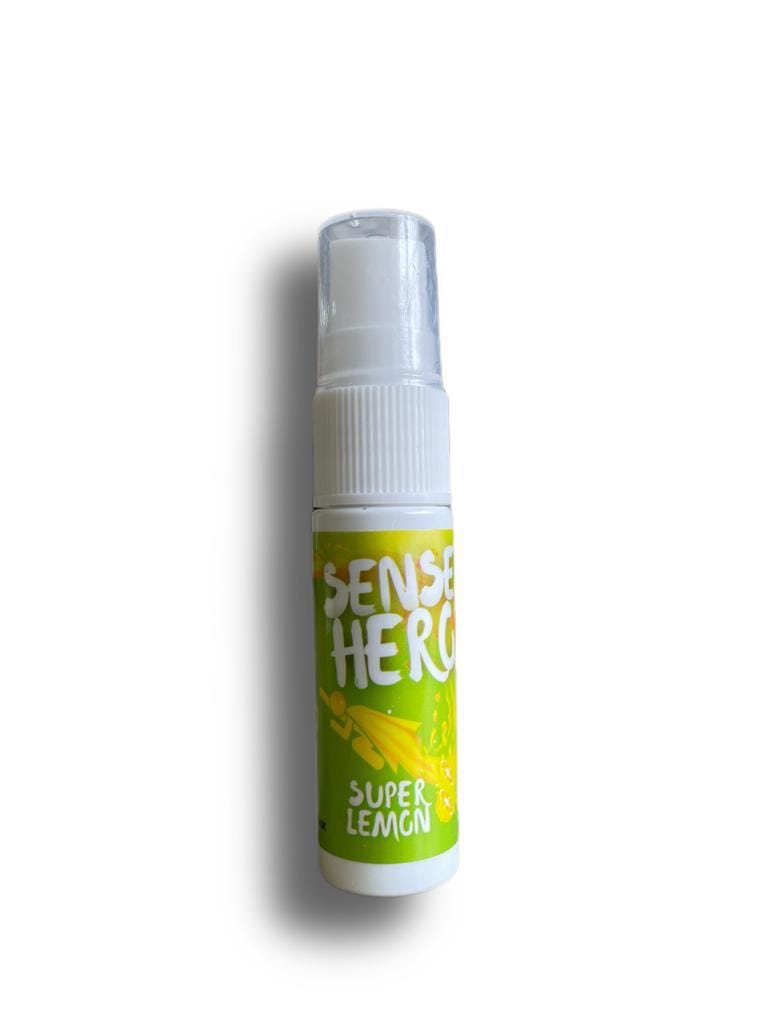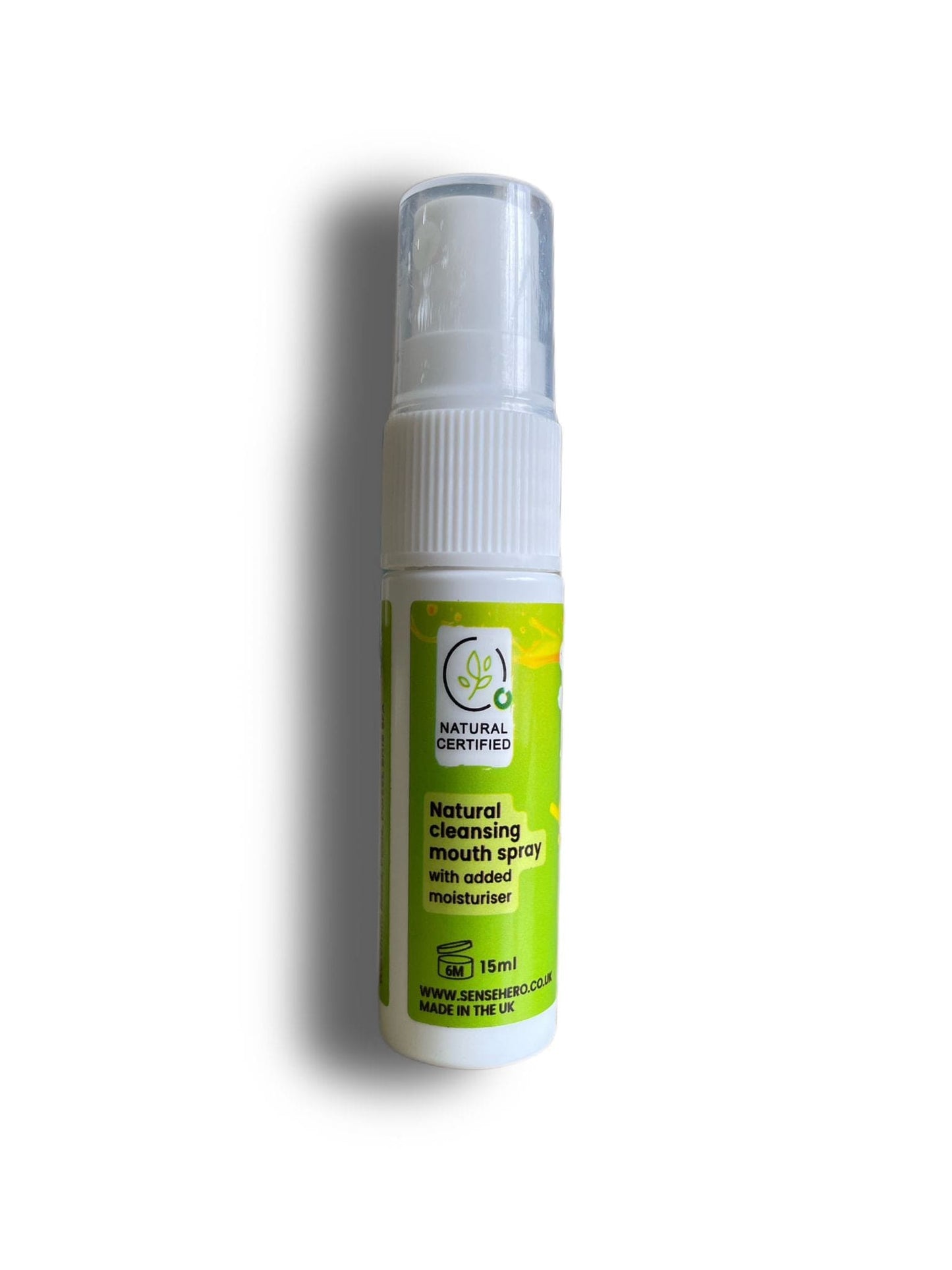Autoimmune Disorders and Dry Mouth
 Key Takeaways Table
Key Takeaways Table
| Factor | Explanation |
|---|---|
| Autoimmune Disorders | Can lead to dry mouth through reduced saliva production |
| Salivary Gland Function | Essential for oral health and moisture |
| Lifestyle Adjustments | Proper hydration and dietary changes can mitigate effects |
Introduction
The salivary glands, often overlooked, play a crucial role in our oral health, especially in maintaining a moist environment in the mouth. This article explores the connection between autoimmune disorders, salivary gland dysfunction, and dry mouth.
The Role of Salivary Glands
Salivary glands are key in producing saliva, vital for keeping the mouth wet, aiding digestion, and protecting against bacteria. Understanding saliva types and functions is crucial for recognizing how autoimmune disorders impact oral health.

Understanding Autoimmune Disorders
Autoimmune disorders occur when the body's immune system mistakenly attacks its own tissues. Some autoimmune diseases specifically target glands responsible for moisture production, like the salivary glands, resulting in reduced saliva production and dry mouth.
Common Autoimmune Disorders Leading to Dry Mouth
| Disorder | Description | Symptoms | Impact on Salivary Glands |
|---|---|---|---|
| Sjogren's Syndrome | Attacks moisture-producing glands | Dry mouth, dry eyes, fatigue | Major reduction in saliva production |
| Rheumatoid Arthritis | Chronic inflammatory disorder | Joint pain, stiffness | Can indirectly affect salivary glands |
| Systemic Lupus Erythematosus | Affects skin, joints, and organs | Fatigue, joint pain, rashes | Potential impact on salivary gland function |
Autoimmune Disorders directly Impacting Salivary Glands
| Disorder | Description | Symptoms | Impact on Salivary Glands |
|---|---|---|---|
| Sjogren's Syndrome | Autoimmune disease attacking moisture glands | Dry mouth, dry eyes, fatigue | Significant reduction in saliva production |
| Mumps | Contagious viral infection | Swollen glands, fever, muscle aches | Inflamed, impaired salivary glands |
| Salivary Gland Tumours | Abnormal growths within glands | Jaw swelling, numbness, weakness | Varies by tumour size and location |
| Salivary Stones | Mineral deposits blocking ducts | Pain, swelling in glands | Blocked saliva flow, dry mouth |
Dry mouth, more than a minor inconvenience, can escalate to serious oral health issues like gum disease and tooth decay.
Common Symptoms of Dry Mouth:
- Persistent dryness
- Thick, stringy saliva, find out more information regarding saliva here.
- Dry lips and throat
Here's a list of common autoimmune symptoms to be aware of:
Autoimmune Symptoms Checklist
- Fatigue: Unexplained, persistent tiredness not relieved by rest.
- Joint Pain and Swelling: Persistent or recurrent pain in joints, often accompanied by swelling.
- Skin Rashes or Lesions: Unexplained rashes, hives, or lesions on the skin.
- Low-grade Fever: Recurrent low-grade fever without any apparent cause.
- Hair Loss: Unusual or sudden hair thinning or bald patches.
- Dry Mouth or Eyes: Persistent dryness in the mouth or eyes, often feeling gritty or irritated.
- Digestive Issues: Frequent stomach upset, diarrhea, or constipation.
- Numbness or Tingling: Tingling or numbness in hands and feet.
- Unexplained Weight Changes: Sudden weight gain or loss without changes in diet or exercise habits.
- Muscle Weakness: Feeling of weakness in muscles or reduced muscle strength.
- Prolonged Muscle Aches: Persistent muscle aches without physical exertion or injury.
- Difficulty Concentrating: Problems with focus, memory, or concentration.
- Mood Swings: Unexplained mood changes, anxiety, or depression.
- Recurrent Infections: Increased susceptibility to infections or prolonged recovery time.
Note: Experiencing one or more of these symptoms doesn't necessarily mean you have an autoimmune disorder. It's important to consult with a healthcare professional for proper diagnosis and treatment.

Embracing a Proactive Approach to Oral Health
In summary, understanding the intricate relationship between autoimmune disorders, salivary gland function, and dry mouth is pivotal in embracing a proactive approach to oral health. The impact of these disorders stretches far beyond temporary discomfort, potentially leading to serious long-term dental problems if not adequately addressed. By recognising the early signs of salivary gland disorders and implementing effective management strategies, individuals can significantly mitigate the risks associated with dry mouth.
It's not just about treating symptoms; it's about adopting a holistic approach to health. This includes staying informed about potential health risks, seeking timely medical advice, and making lifestyle adjustments conducive to overall well-being. In doing so, we can ensure that our oral health remains an integral part of our overall health strategy, safeguarding our smiles for years to come.

Sense Hero
Sense Hero mouth Spray UK: Quick Fix for Dryness, Vapers Tongue and Palate Cleansing
View full details











Sense Hero spray is not a medicinal product and is not intended to diagnose, treat, cure, or prevent any disease. Sense Hero Spray is designed for personal comfort.

